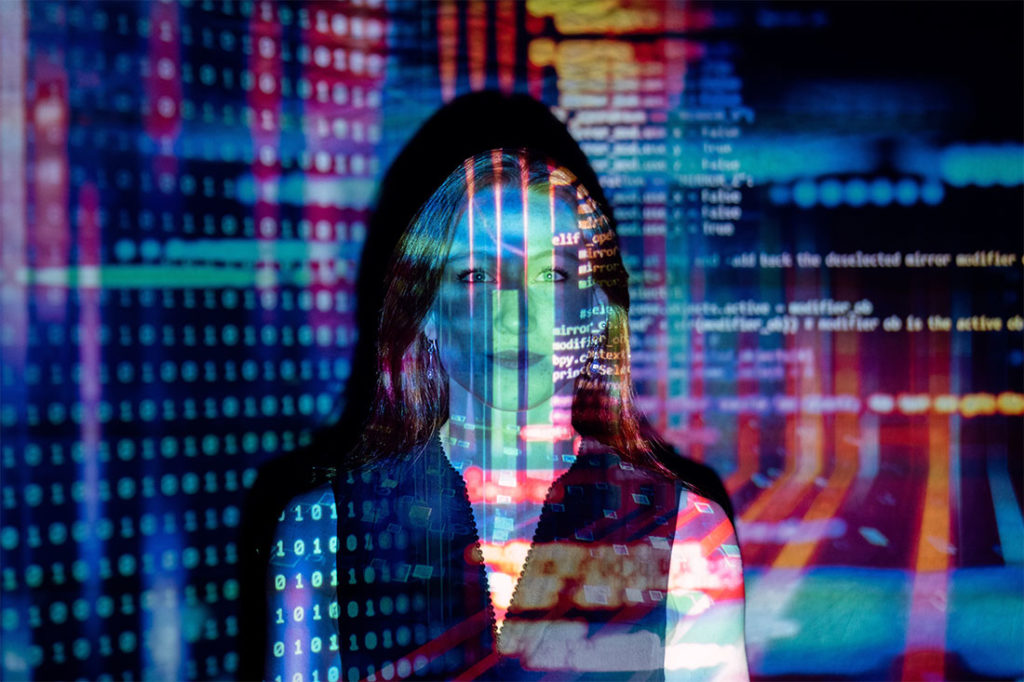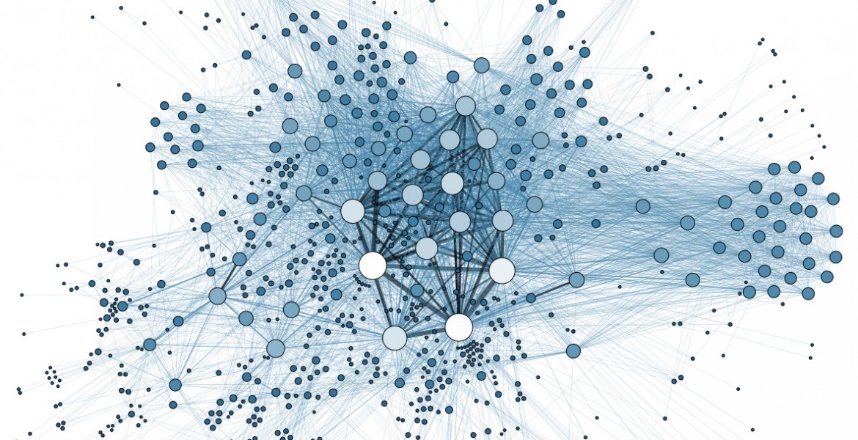
Artificial intelligence (AI) gives a device intelligence that is similar to or attempts to “copy” human intelligence.
Deep learning is an AI technology that replicates aspects of the human brain, giving a device the ability to process information for contextual analysis and action.
AI technologies have reached impressive levels today. In this post, we will answer 3 questions that come to mind about the future of AI.
How can AI help society?
If AI is applied responsibly, it can benefit society a lot. It can help us process information and data that humans can’t. Because of this, we advance and improve as a society.
There are many sectors in which AI can help, for example, in medicine there are many benefits, not only for the future of AI, but also those that already exist today.
AI today helps with suicide prevention and with the reduction of stress and anxiety, find out more here.
Or in the future, it will be to detect illegal acts and solve crimes, kind of like in the Tom Cruise movie Minority Report. Thanks to social media and AI, the police will be able to solve who is going to commit a crime.
Will the AI of the future be greater than human intelligence?
Machine Learning, the ability of machines to learn as they receive data and make better and better decisions, shows that AI is evolving towards a higher intelligence. But will it ever overtake human intelligence?
Ramón López de Mantaras, a research professor that specializes in artificial intelligence, comments in this podcast from ESADE that what allows humans to learn incrementally and continuously is transfer learning: “when we face a new problem that is similar to situations or problems we have already solved before, we can re-use what we learned when solving the problem which is similar to this one, transferring that knowledge or part of it – hence the name transfer learning – adapted, if necessary, to the new problem we have to solve. And, because of this, we will solve it more efficiently, without having to start from scratch each time. Artificial learning is incapable of doing this; machine learning doesn’t have the slightest idea of how it could be performed with a machine”.

How might AI impact work in the future?
It’s scary to think about how AI may impact our work in the future.
Is our work too repetitive for artificial intelligence to replace us in the future? We don’t know but, for now, it is highly unlikely that they will replace us 100%. Humans possess an intelligence that machines, for now, don’t.
As we mentioned earlier, transfer learning makes human intelligence unique and, thus, irreplaceable. Human intelligence enables problem solving, abstract thinking and critical judgment, which will continue to be important in business.
The human part will be relevant, not in all tasks but in all sectors.
The future of artificial intelligence is here and we don’t know very well how it will evolve. It’s true that human intelligence is difficult to replace, but who knows what the future of AI will bring. Machine learning and deep learning show that this type of intelligence advances, learns and develops on its own.
But, like everything else, its use can be very positive and benefit society.




